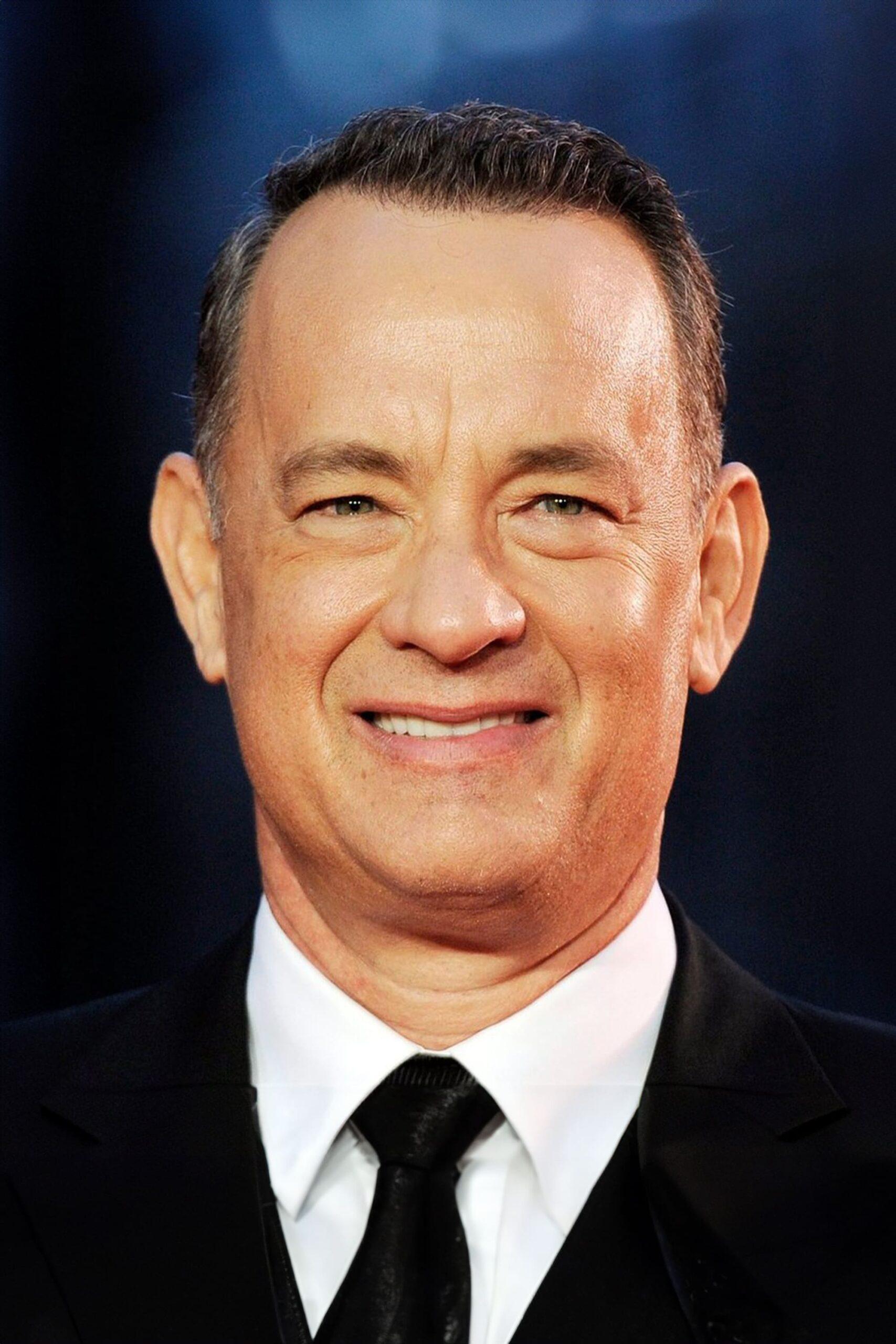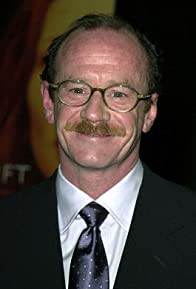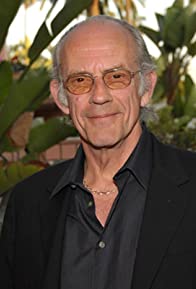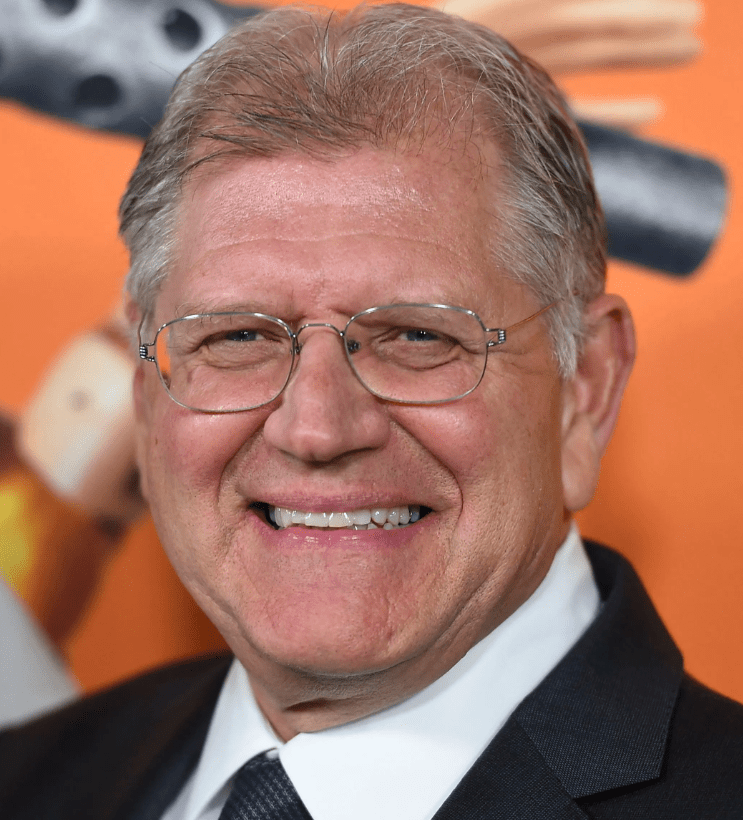
Robert Zemeckis
Birthdate – May 14, 1952 (72 Years Old)
Birthplace – Chicago, Illinois, USA
Robert Zemeckis (birthname: Robert Lee Zemeckis) is a director/writer/producer known for his embrace of the latest technical advances in filmmaking, applying them to entertainments that blend comedy and action, including three features in the Library of Congress’s National Film Registry: Back to the Future (1985), Who Framed Roger Rabbit (1988) and Forrest Gump (1994).
Zemeckis’ first projects—all failures, all co-written with his filmmaking partner Bob Gale–were supported by Steven Spielberg (as executive producer): his writer/director debut about early Beatlemania, I Wanna Hold Your Hand (1978), starring Nancy Allen; his only black comedy as director/co-writer, Used Cars (1980), starring Kurt Russell and released by Columbia Pictures; and with co-writer Gale, Zemeckis wrote the screenplay for director Steven Spielberg’s WWII comedy, 1941 (1979), with Dan Aykroyd, Ned Beatty, John Belushi, Christopher Lee, Toshiro Mifune and Warren Oates, and grossing $95 million against $35 million costs for Universal Pictures and Columbia Pictures.
Zemeckis had his first hit as a director with star-producer Michael Douglas’ comedy-adventure project for 20th Century Fox, Romancing the Stone (1984), co-starring Kathleen Turner, Danny DeVito, and Alfonso Arau. Zemeckis’s big breakthrough happened next, with his spectacularly successful Back to the Future trilogy as director/writer (1985-1990) and backed by Steven Spielberg’s Amblin Entertainment: Back to the Future (1985), Back to the Future Part II (1989) and Back to the Future Part III (1990), starring Michael J. Fox, Christopher Lloyd and Lea Thompson, grossing a cumulative $958 million globally for Universal Pictures.
Robert Zemeckis was director only on his first project which blended live-action and animation, Who Framed Roger Rabbit (1988), which screenwriters Jeffrey Price and Peter S. Seaman loosely based on Gary K. Wolf’s 1981 novel, Who Censored Roger Rabbit?, and co-starring Bob Hoskins, Christopher Lloyd, Stubby Kaye and Joanna Cassidy, and grossed $351.5 million for Disney/Touchstone Pictures/Amblin Entertainment. Zemeckis was director/producer of the black comedy-fantasy, Death Becomes Her (1992), starring Meryl Streep, Goldie Hawn, Bruce Willis, and Isabella Rossellini, earning $149 million (on $55 million costs).
Zemeckis gained his greatest fame and accolades—as well as the Best Director Oscar—for his direction of Forrest Gump (1994), based on Winston Groom’s 1986 novel and starring Oscar-winning Tom Hanks, Robin Wright, Gary Sinise, Mykelti Williamson, and Sally Field. The film won six Oscars (including Best Picture and Best Adapted Screenplay) and grossed $678 million on a $55 million budget for Paramount Pictures.
Zemeckis came off of this massive success as director/producer of three consecutive major studio movies: the sci-fi drama based on Carl Sagan’s 1985 novel, Contact (1997), co-starring Jodie Foster and Matthew McConaughey and released by Warner Bros.; the more poorly reviewed but popular ($291 million gross) horror movie, What Lies Beneath (2000), co-starring Harrison Ford and Michelle Pfeiffer and released worldwide by both DreamWorks Pictures and 20th Century Fox; and Zemeckis reuniting with Oscar-nominated Hanks in the dominant starring role for the 20th Century Fox/DreamWorks/Playtone/ImageMovers survival drama, Cast Away (2000), written by William Broyles Jr. and featuring Helen Hunt and Nick Searcy, and which was also released globally by Fox and DreamWorks to $430 million returns (against $90 million costs).
Robert Zemeckis continued with both star Tom Hanks and his interest in using the latest technical effects wizardry for broad entertainments as director/co-writer/producer of the Christmas movie and the first all-digital capture production, The Polar Express (2004), with Nona Gaye, Peter Scolari, and Michael Jeter, and released by Warner Bros. Zemeckis as director/producer changed subject matter by going back to medieval literature but continued his interest in digital motion capture for his big-screen version of Beowulf (2007), co-written by Neil Gaiman and Roger Avery and co-starring Ray Winstone, Anthony Hopkins, John Malkovich, Robin Wright, Brendan Gleeson, Crispin Glover, Alison Lohman, and Angelina Jolie and co-distributed by Paramount Pictures and Warner Bros.
Zemeckis as director/writer/producer returned to the Christmas setting for his Charles Dickens adaptation, A Christmas Carol (2009), starring Jim Carrey as Scrooge, with Gary Oldman, Colin Firth, Bob Hoskins, Robin Wright, and Cary Elwes, but failed to turn in the big box office numbers of many of Zemeckis’s previous movies for Disney. Zemeckis toned down the effects-heavy filmmaking he had become known for with his next movie as director/producer of the airline thriller, Flight (2012), starring Oscar-nominated Denzel Washington, with Don Cheadle, Kelly Reilly, John Goodman, Bruce Greenwood, and Melissa Leo, and proving to be a success for Paramount Pictures with a $162 million return (against $31 million costs).
Robert Zemeckis returned to the multi-hyphenate role of director/writer/producer but made his first fact-based biopic with The Walk (2015), based on highwire performer Philippe Petit’s vivid memoir, To Reach the Clouds, starring Joseph Gordon-Levitt and Ben Kingsley, but losing money for Sony Pictures after a New York Film Festival premiere. Zemeckis turned to a WWII espionage setting as director/producer of the Steven Wright-written romantic thriller, Allied (2016), co-starring Brad Pitt and Marion Cotillard, but which was Zemeckis’ second box-office failure in a row, via distributor Paramount Pictures.
Zemeckis was then director/writer/producer of several features in a row: the Steve Carell-starring box-office bomb for Universal Pictures, Welcome to Marwen (2018); his Roald Dahl adaptation which received mixed reviews and muted box office, The Witches (2020), co-starring Anne Hathaway, Octavia Spencer, Stanley Tucci and Kristen Chenoweth and which was released theatrically by Warner Bros. and streamed by HBO Max; and his reunion with two of Zemeckis’s favorite actors, Tom Hanks and Robin Wright, for the decade-spanning family saga, Here (2024), with Paul Bettany, Kelly Reilly and Michelle Dockery, and released by Sony Pictures Releasing/TriStar Pictures.
Robert Zemeckis was also co-writer with Bob Gale (executive producer) but did not direct Trespass (1992), directed by Walter Hill and co-starring Bill Paxton, Ice T, William Sadler, and Ice Cube. Zemeckis’s other film credit as a writer only was as story writer of Bordello of Blood (1996), the second in Universal Pictures’ three-film Tales of the Crypt series co-starring Dennis Miller, Erika Eleniak, and Angie Everhart under producer Gilbert Adair’s direction.
Zemeckis was producer only on mostly horror movies, including the Ernest Dickerson-directed Tales from the Crypt Presents: Demon Knight (1995), House on Haunted Hill (1999), Thirteen Ghosts (2001), Ghost Ship (2002), the Mathieu Kassovitz-directed Gothika (2003), House of Wax (2005), writer-director Jane Anderson’s The Prize Winner of Defiance, Ohio (2005), The Reaping (2007) and Disney’s animated Mars Needs Moms (2011).
Photos
Videos
Personal Details
Robert Zemeckis was born and raised in Chicago, Illinois by his parents Rose and Alphonse Zemeckis. Zemeckis attended Catholic grade schools and Fenger Academy High School on Chicago’s South Side, and after graduating attended Northern Illinois University. While learning film editing on a summer job at the NBC News affiliate in Chicago, Zemeckis applied to and fought for admission to the University of Southern California School of Cinematic Arts, where he won the Student Academy Award for best film in 1973 for A Field of Honor. Zemeckis was married to actor Mary Ellen Trainor from 1980 to 2000 when the couple divorced; the couple has one child. Zemeckis has been married to non-fiction filmmaker/actor Leslie Zemeckis since 2001; the couple has one child. Zemeckis’s height is 6’. Zemeckis’s estimated net worth is $80 million.
Filmography
Some Facts About Robert Zemeckis
Legacy: Robert Zemeckis directed the following features, which the Library of Congress has named to the National Film Registry: Back to the Future, Who Framed Roger Rabbit, and Forrest Gump.
Rejection: Zemeckis was rejected by every major studio for Back to the Future, which was generally deemed a “soft” teen movie.
Digital Cinema Dangers: Robert Zemeckis has warned that he has concluded that “digital cinema (is) creating sloppiness on the part of filmmakers because they know if they get in trouble, they can fix it later. So they don’t pay that much attention, and of course, it costs a lot of money.”
Awards
Winner, Best Director, Academy Awards (1995); Winner, Best Film, Student Academy Awards (1973); Winner, Golden Eddie Filmmaker of the Year Award, American Cinema Editors Awards (2001); Five-time Nominee, Best Screenplay/Best Film/Best Director/Best Feature—Children’s Award, BAFTA Awards (1986, 1995, 2005); Nominee, Best Foreign Film, César Awards (1989); Winner, Best Foreign Screenplay, David du Donatello Awards (1986); Winner, Best Director, Directors Guild of America Awards (1995); Winner, Best Director, Golden Globes Awards (1995); Three-time Winner, Best Dramatic Presentation, Hugo Awards (1986, 1989, 1998); Winner, Special Award-Best Technical Achievement, Los Angeles Film Critics Association Awards (1988); Winner, Director of the Year Award, Palm Springs Film Festival Awards (2013); Nominee, Best Producer of Televised or Streamed Motion Picture, Producer Guild of America Awards (2023); Winner, Director of the Year Award, ShoWest USA Awards (1995); Two-time Winner, Young Venice Award—Special Mention/Children and Cinema Award—Special Mention, Venice Film Festival Awards (1985, 1988); Winner, Hollywood Star Walk of Fame (2004); Nominee, Best Screenplay, Writers Guild of America Awards (1986);

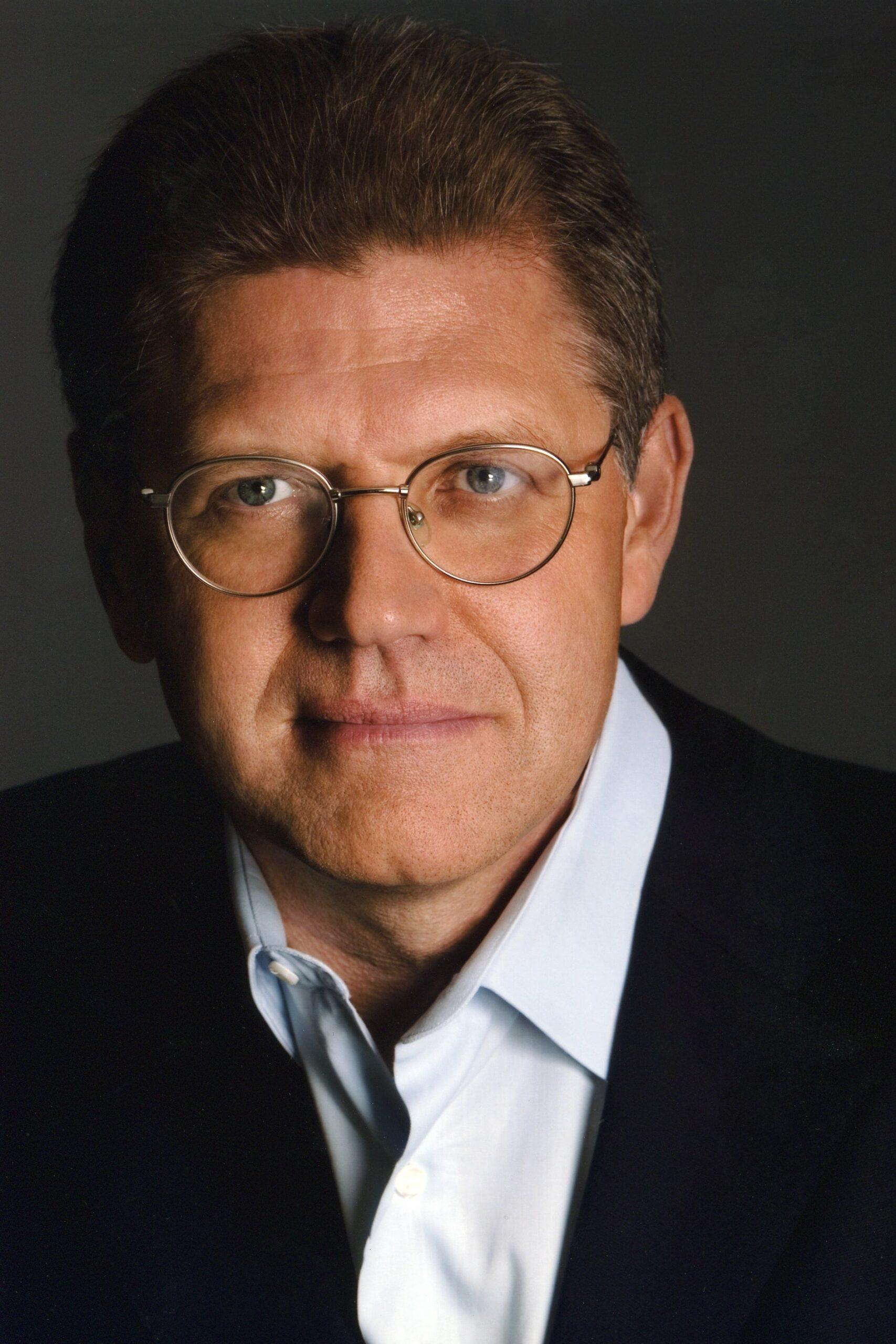
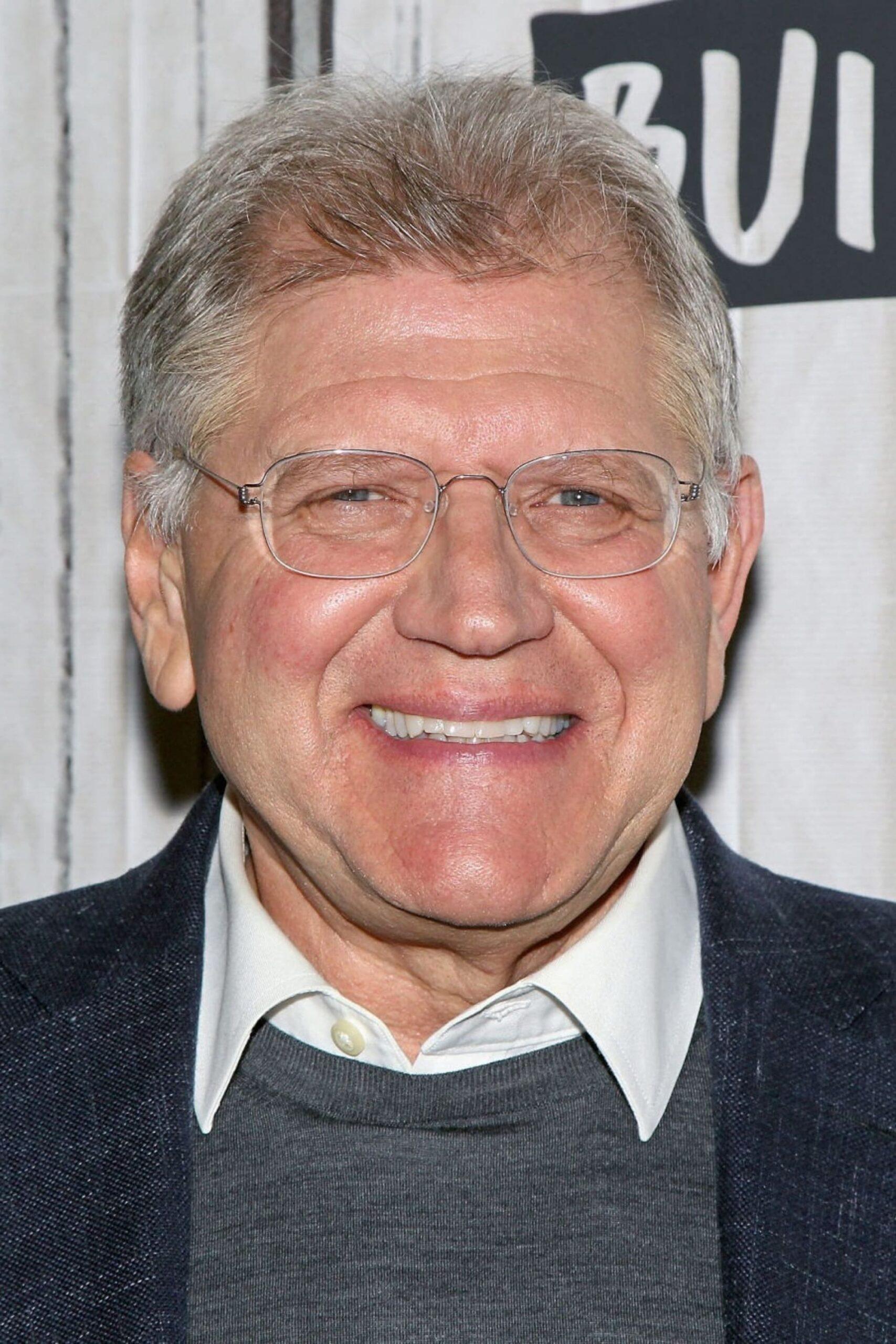
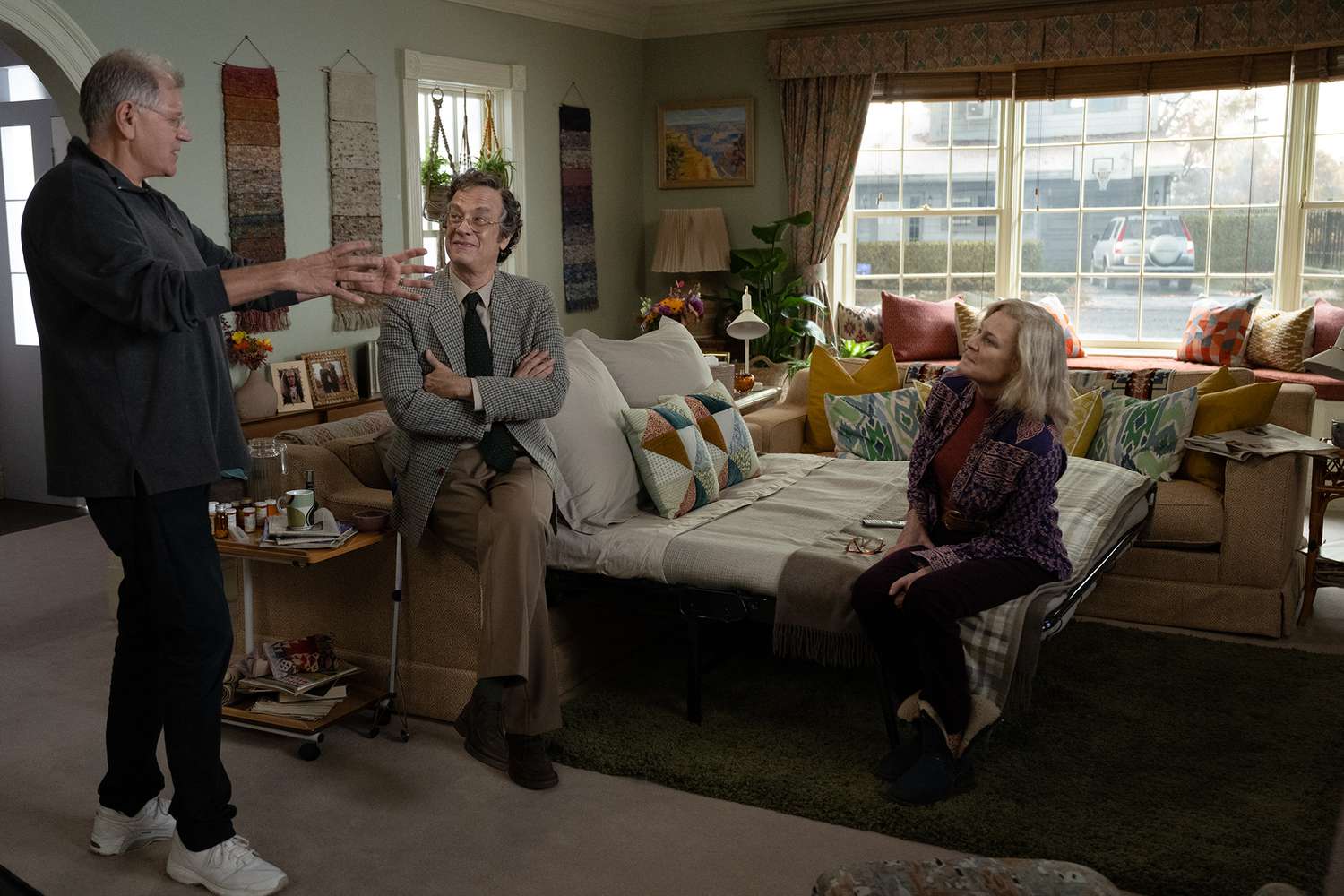
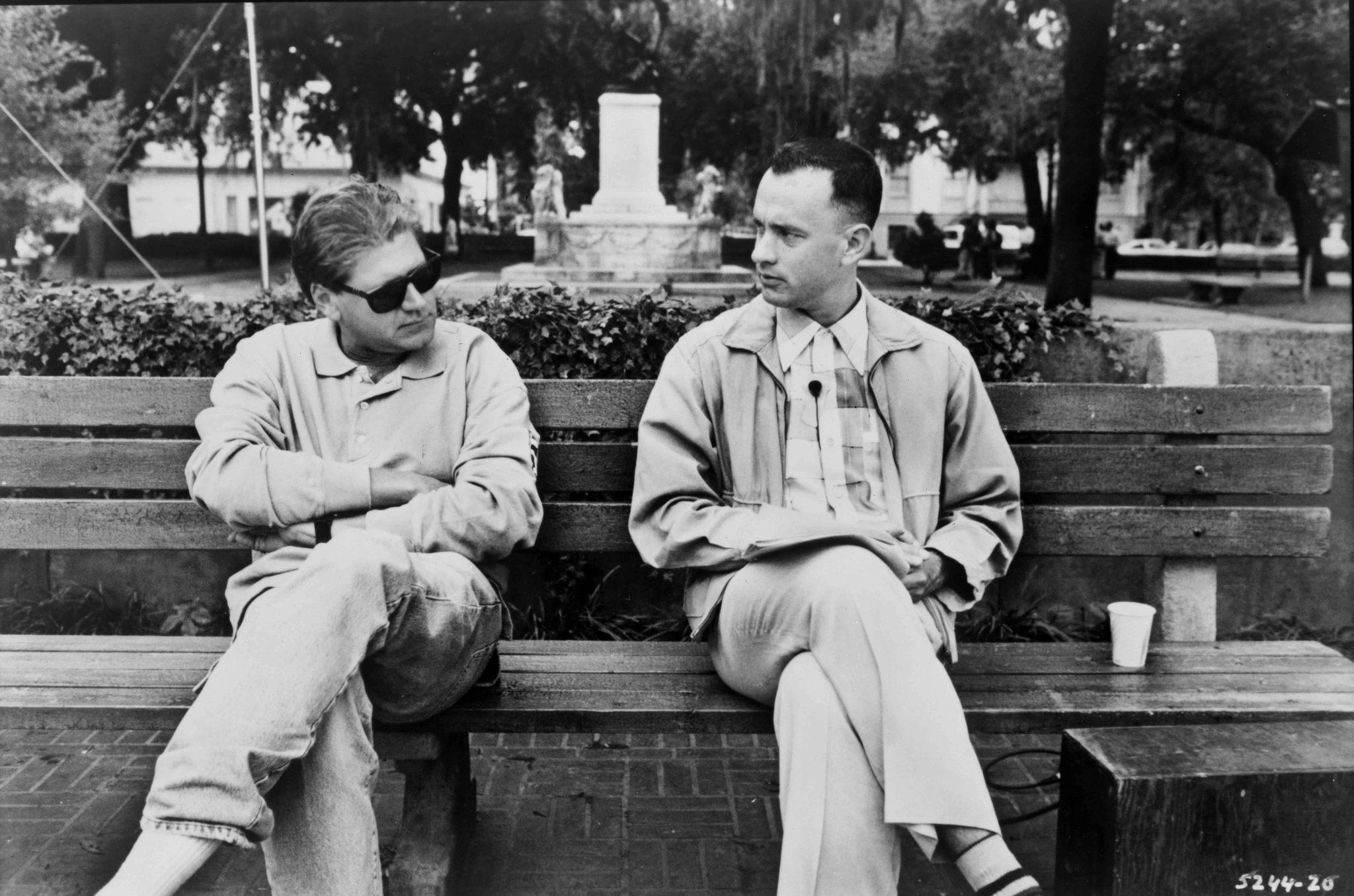
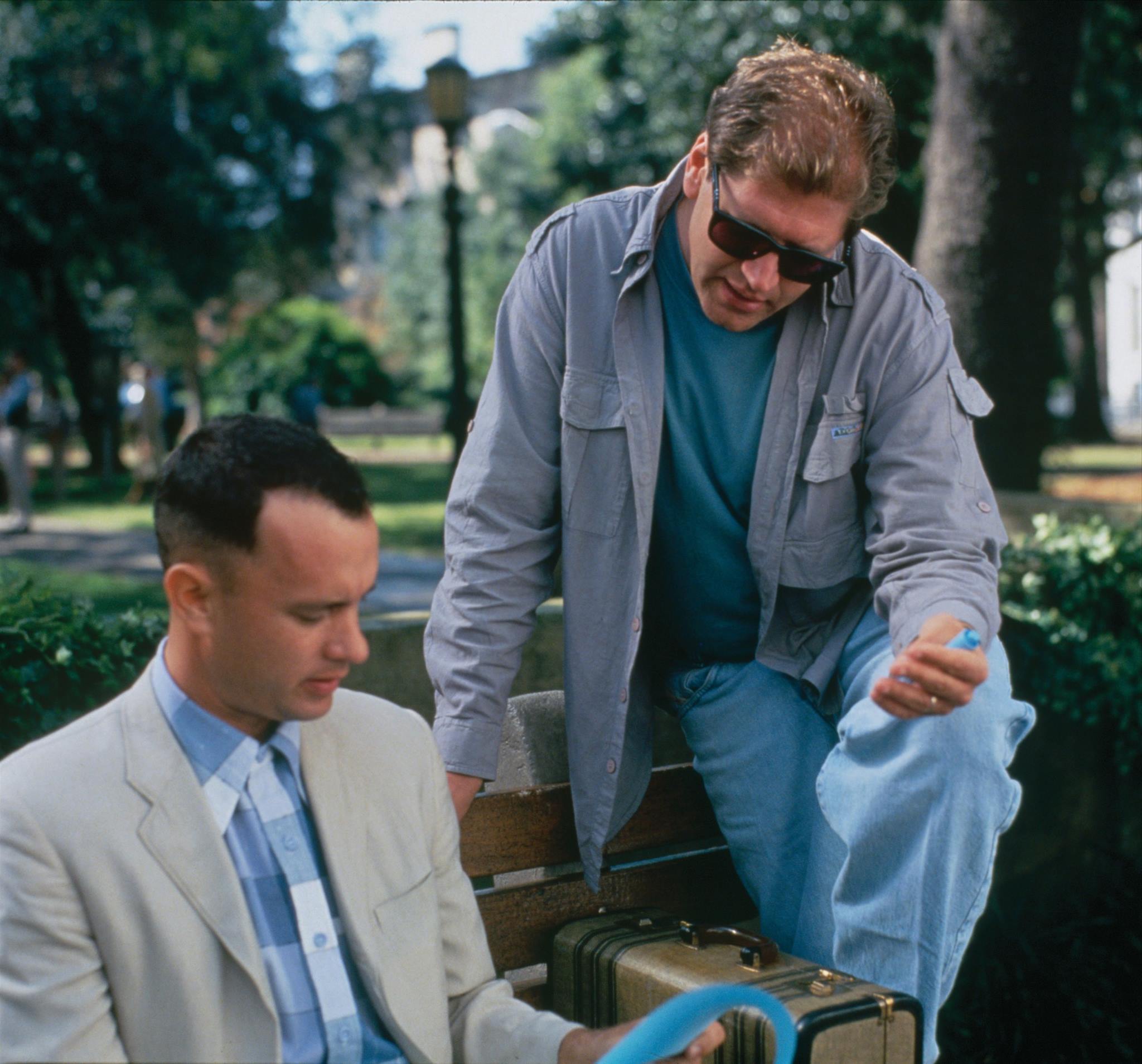
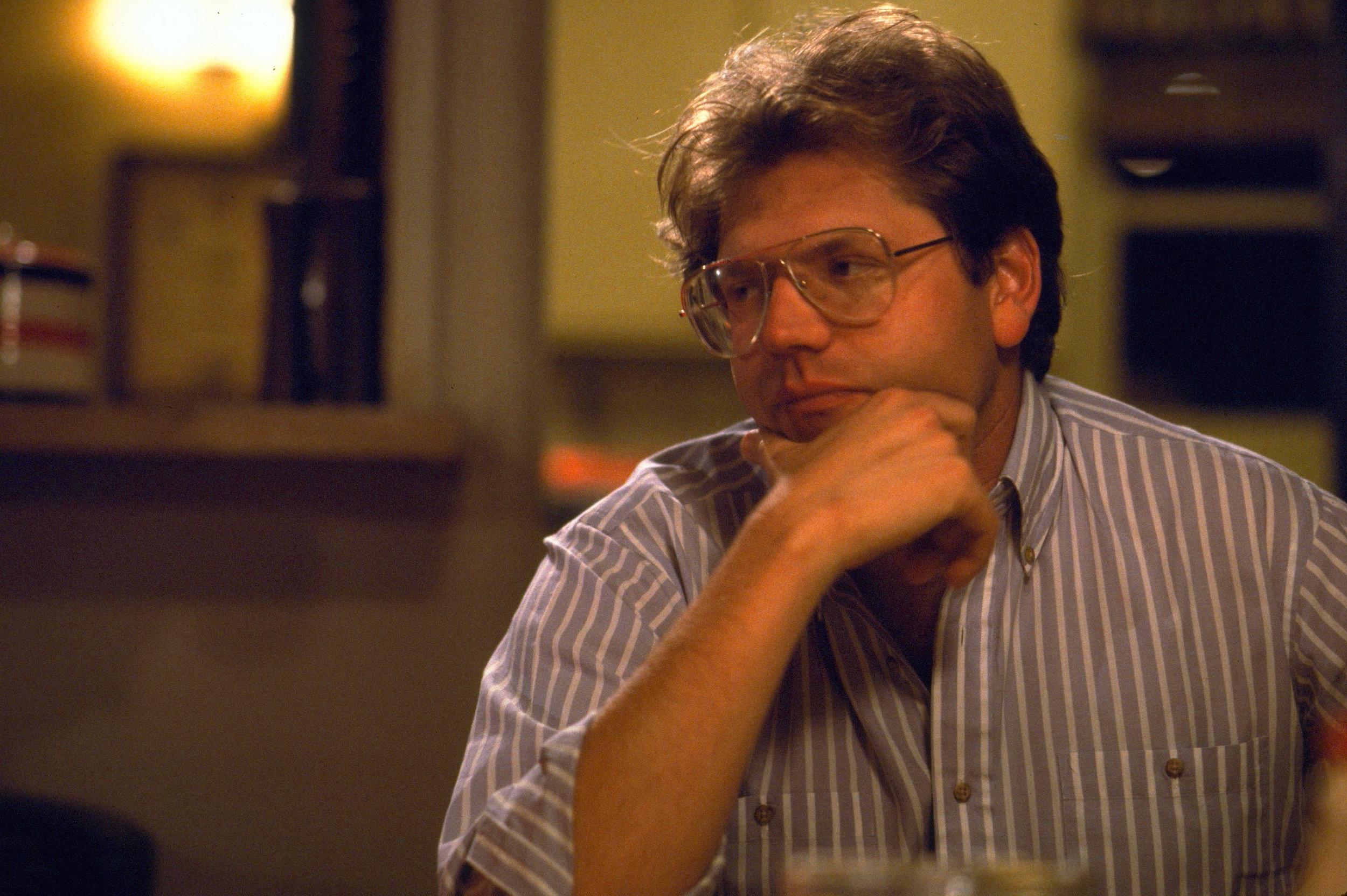






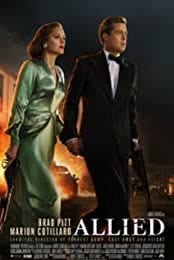
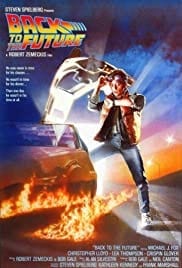
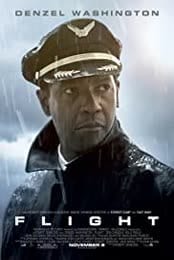
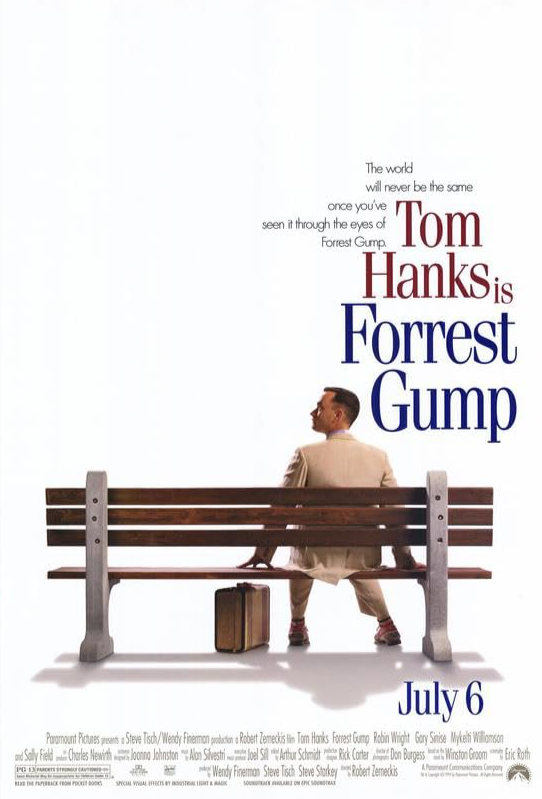
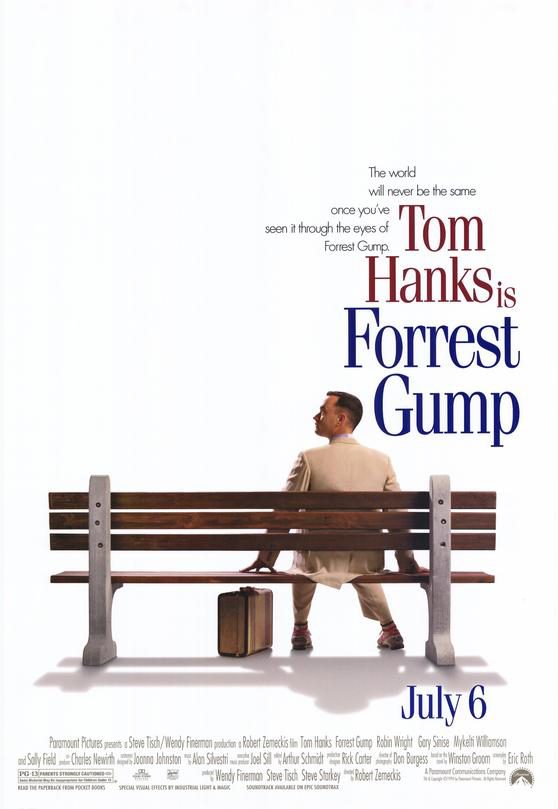
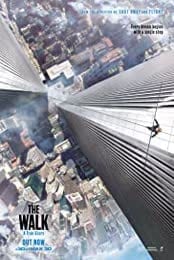
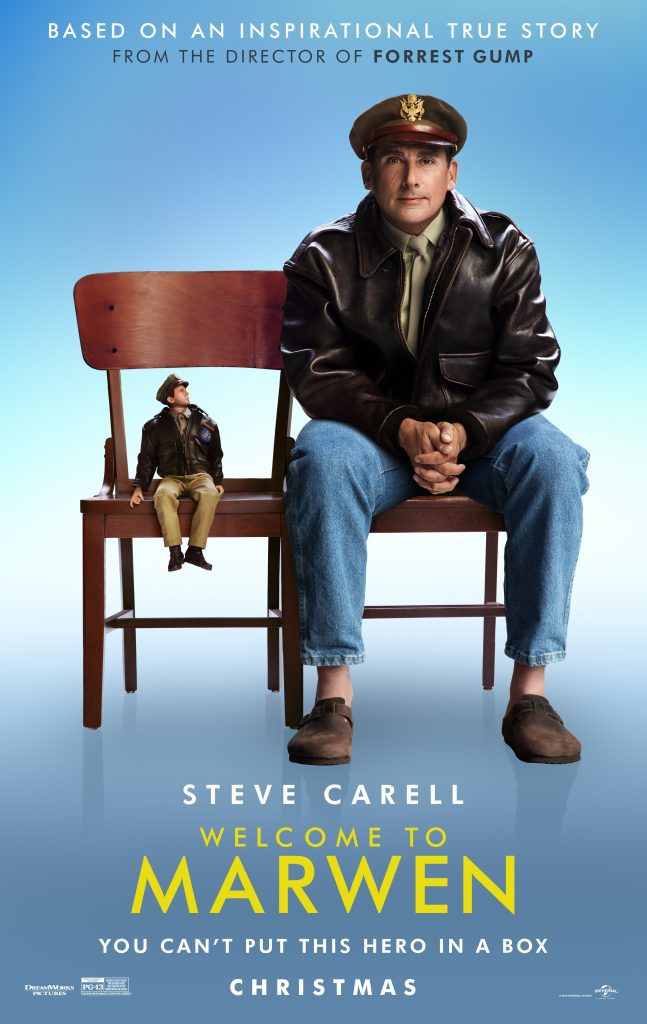
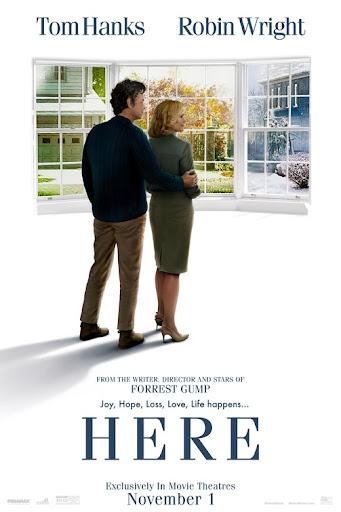
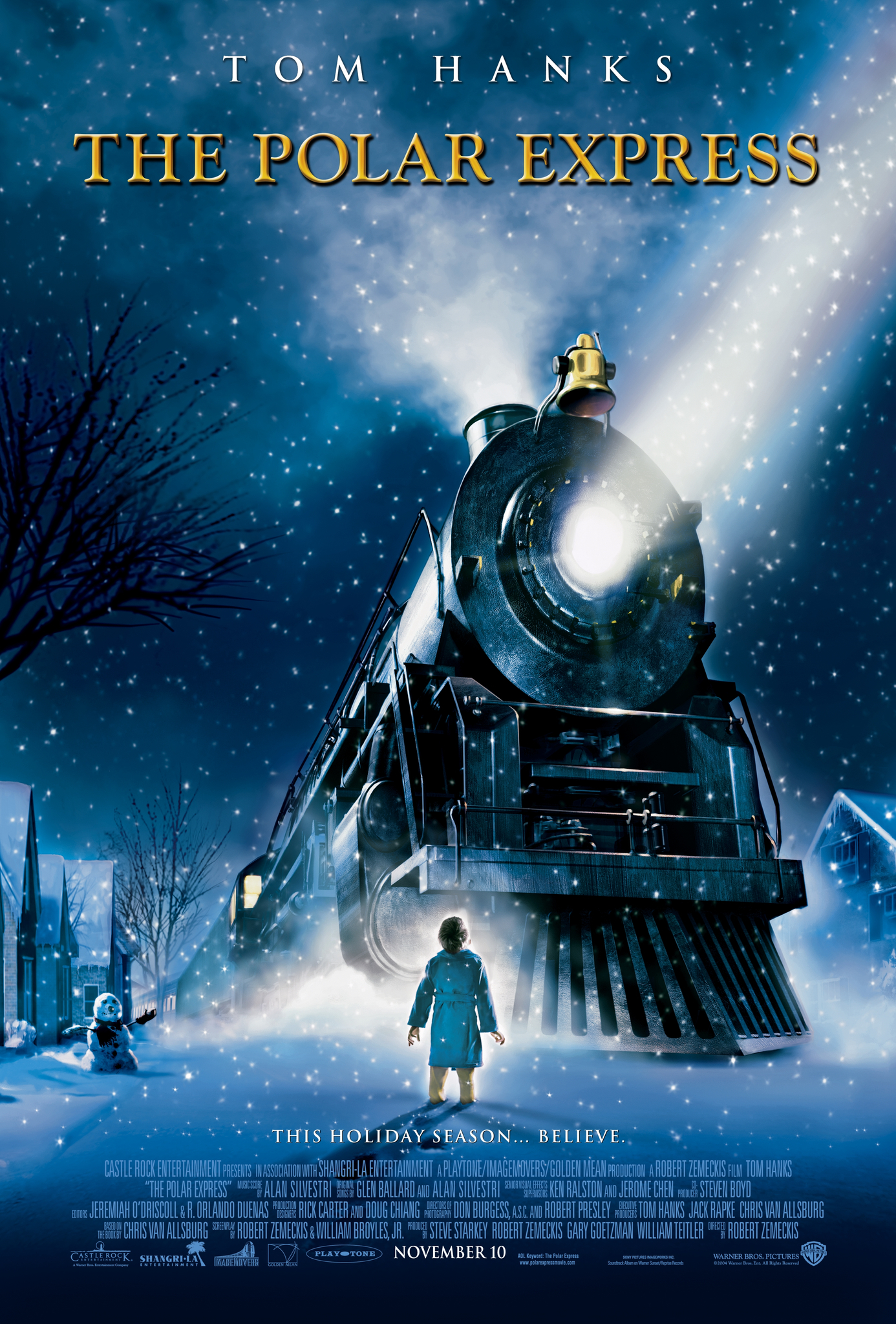
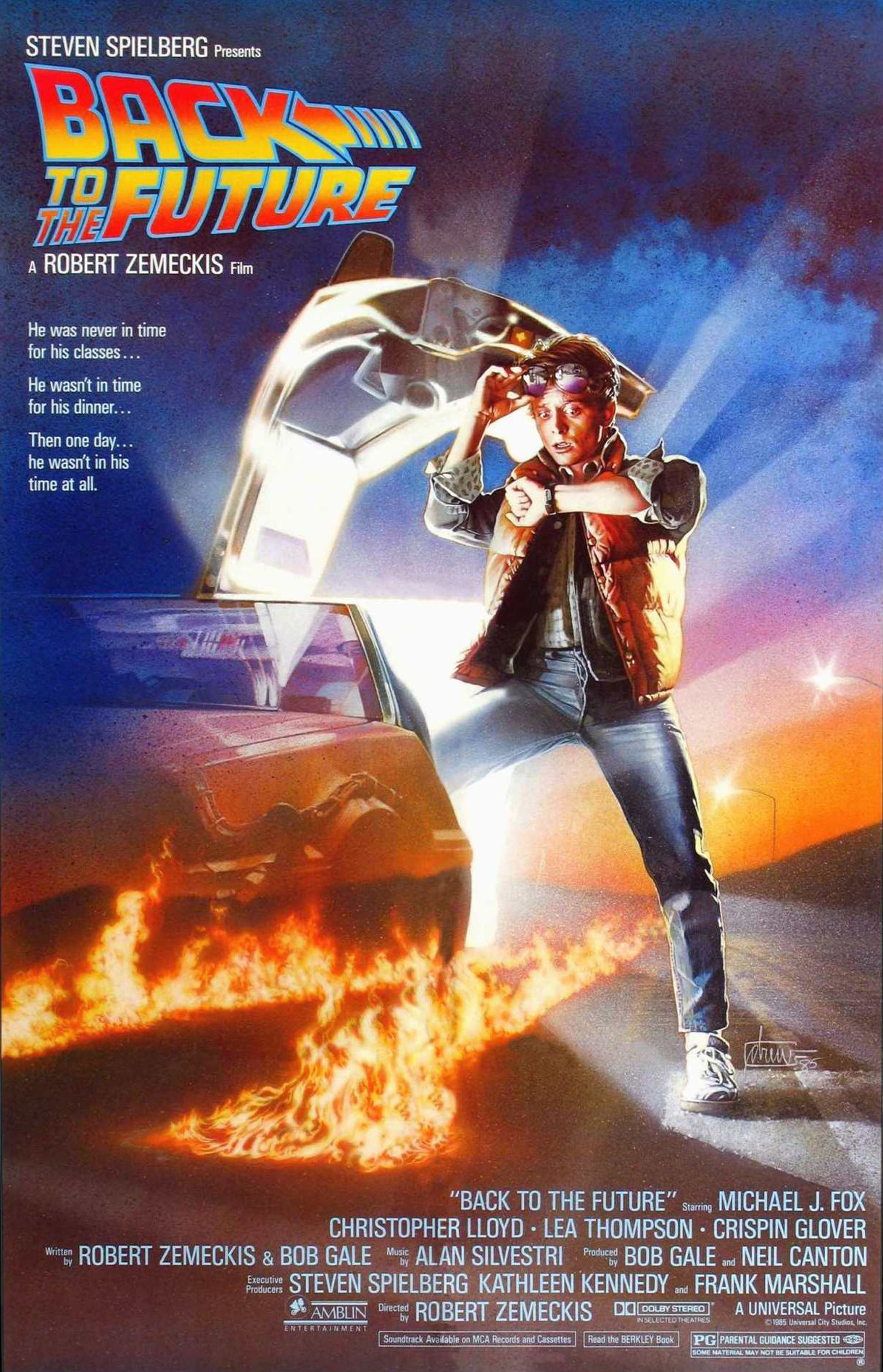

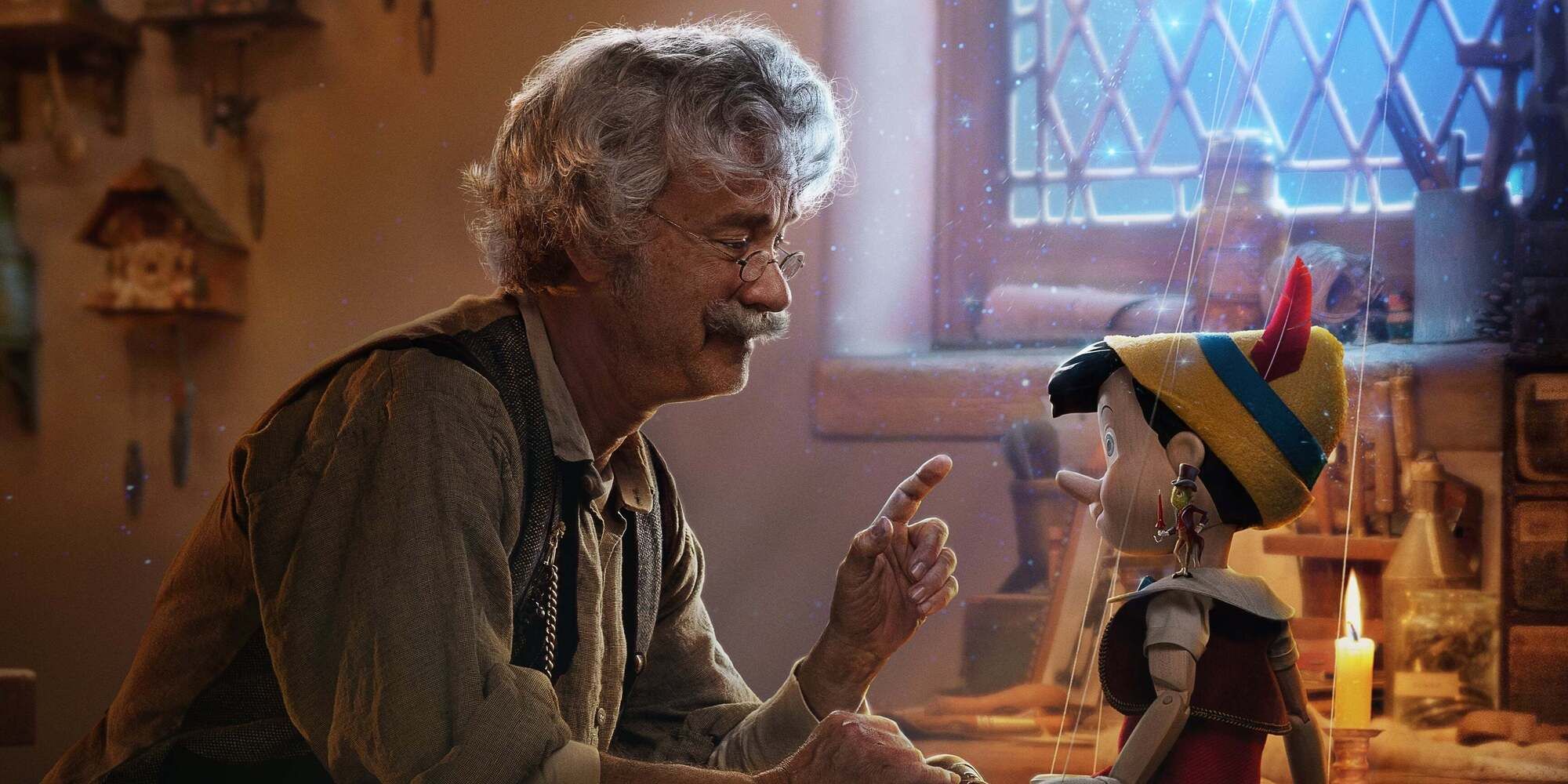


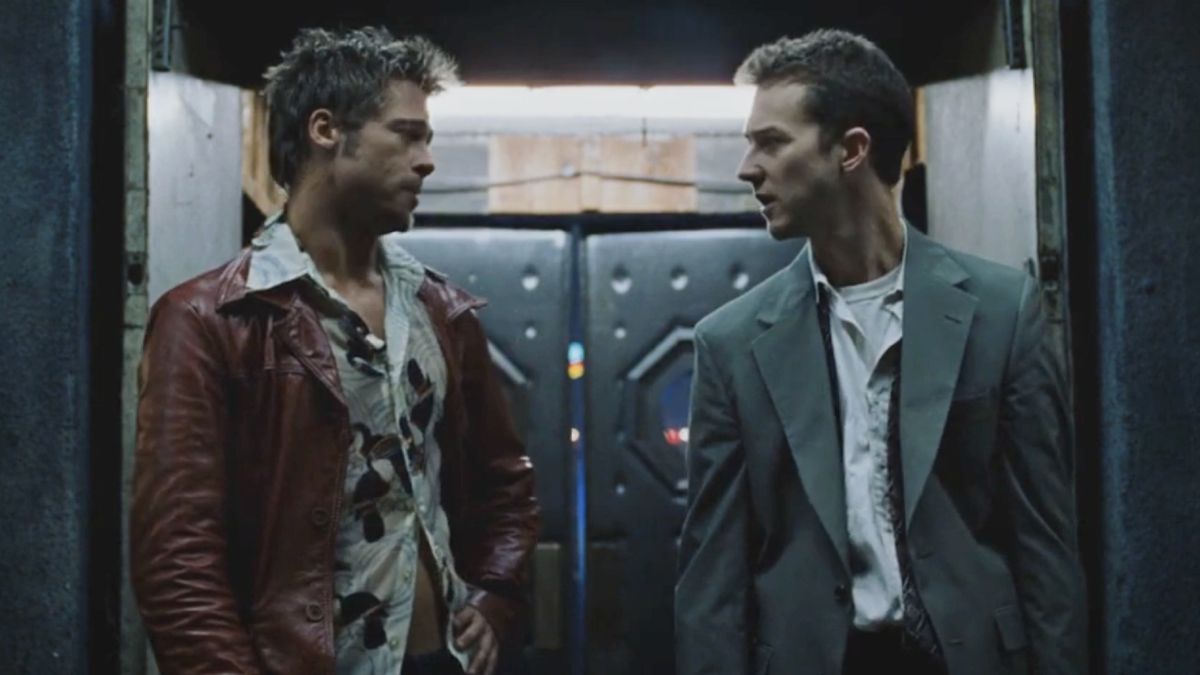
:max_bytes(150000):strip_icc():focal(745x201:747x203)/curious-george-Forrest-Gump-tom-hanks-111324-3474a5bd58814ce99f5a892fe2da4f45.jpg)
